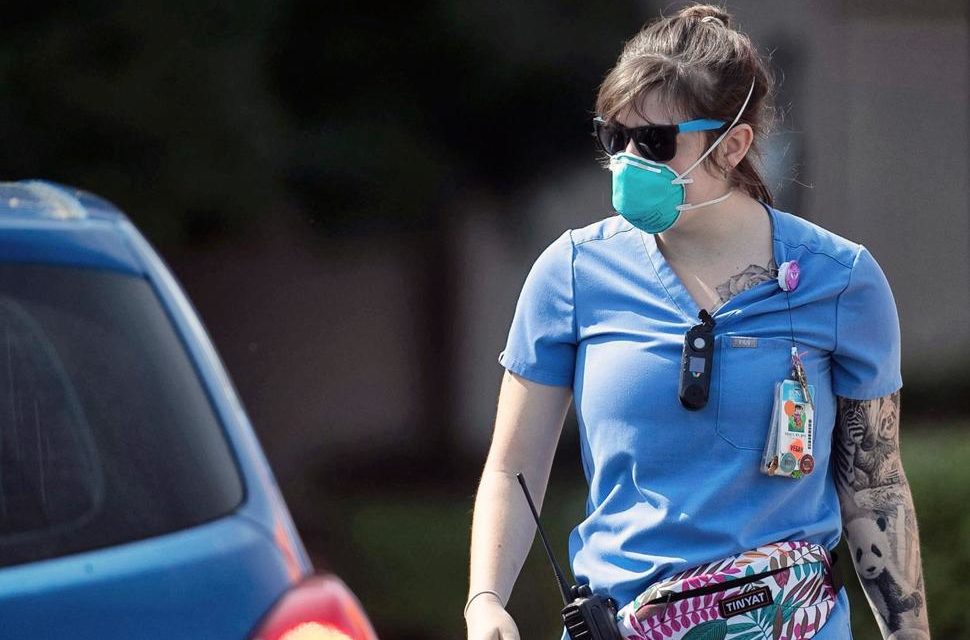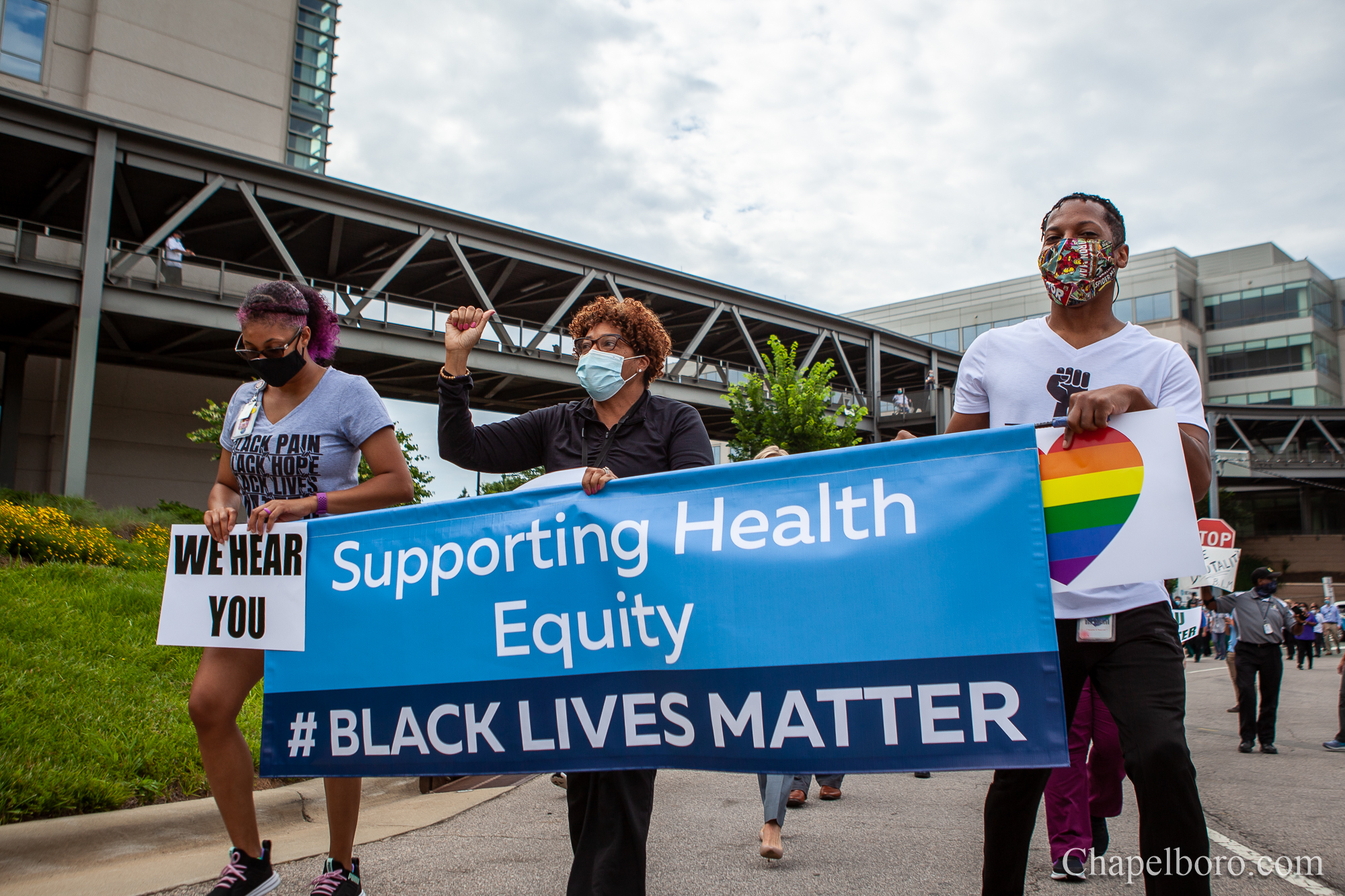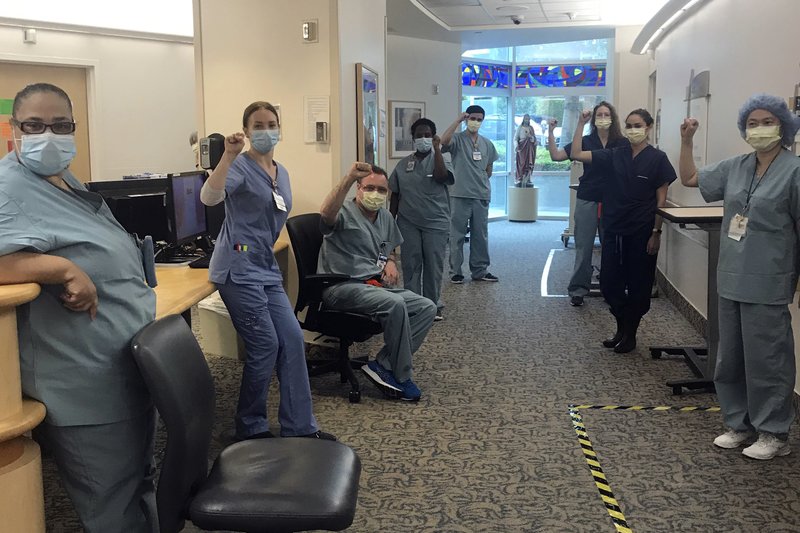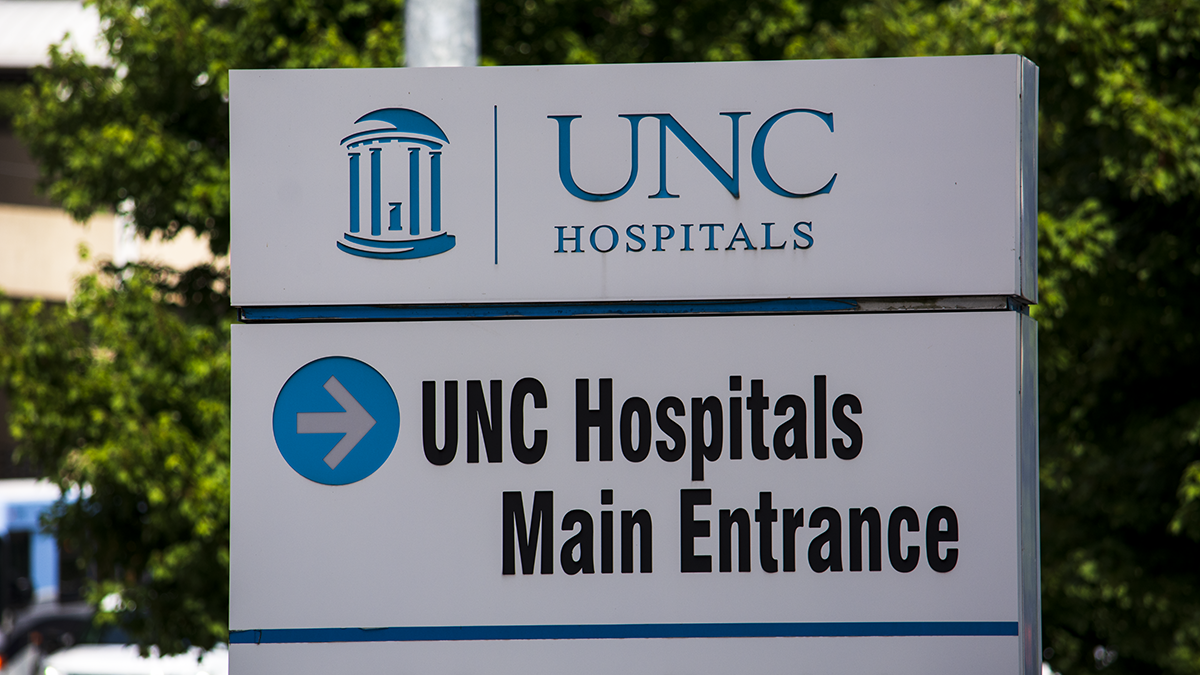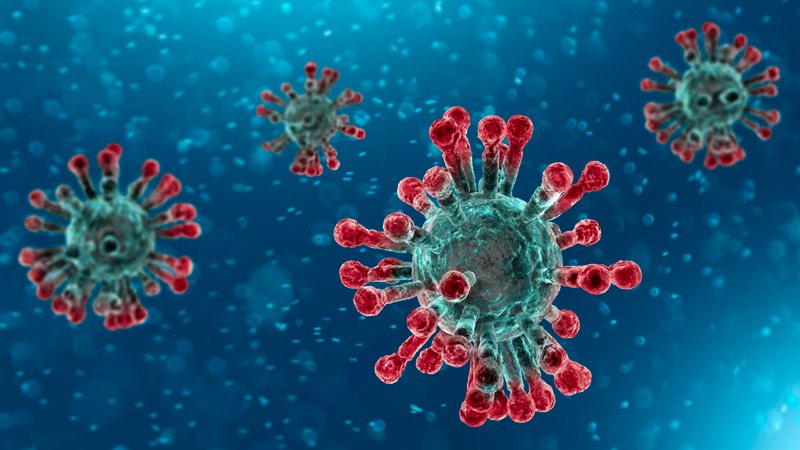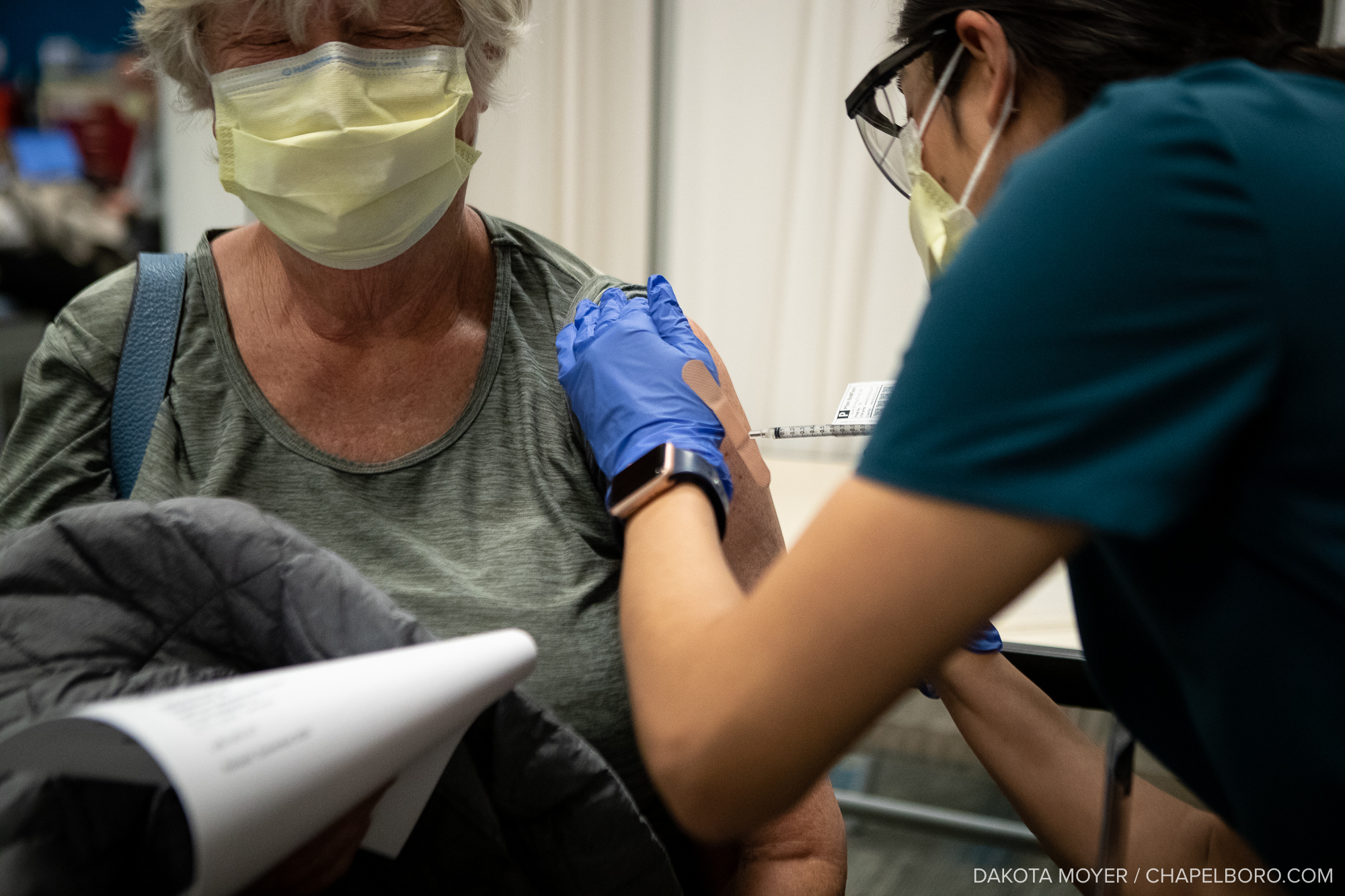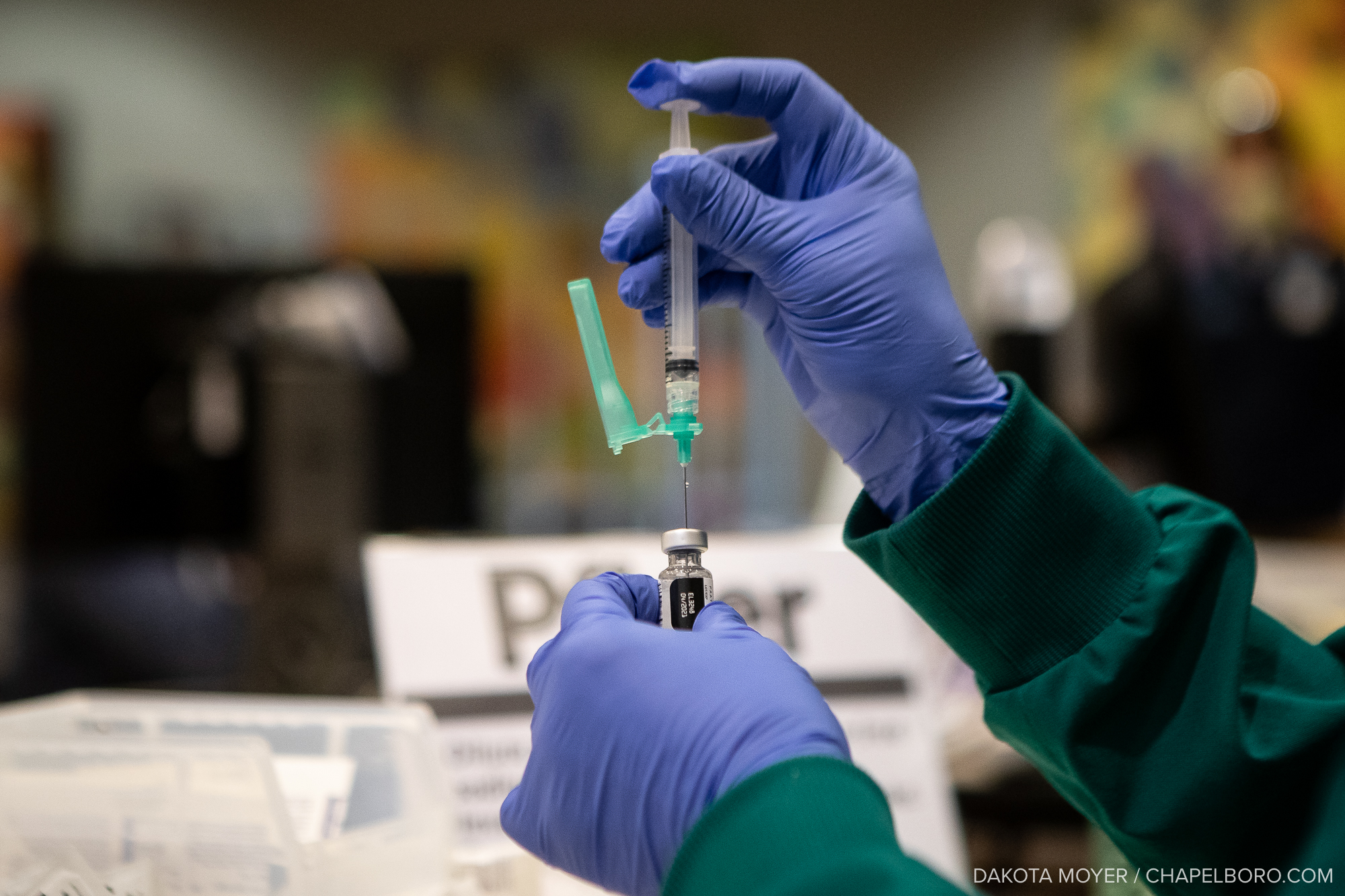With over three-million nurses working in the U.S. today, nurses make up the highest percentage of the nation’s healthcare workforce. During times of national health crisis, these nurses are working on the front lines to serve our communities.
With May 6 to the 12 being National Nurses Week, nurses across the nation are being recognized for all their hard work over the course of the year. With the onslaught of the coronavirus pandemic, their efforts deserve even more recognition as roles have changed and normal care routines continue to be disrupted.
Cecily Landis is a Clinical Nurse in the Medical Intensive Care Unit of UNC Hospitals at Chapel Hill.
Because of the expected long-term impact of the pandemic, Landis said she and her staff are all at a certain level of acceptance with what she calls the “new norm.”
She said while nursing has always been a team sport, now more than ever that rings true – especially with how quickly things are changing. With all these changes comes the need for positivity and encouragement. Thankfully, Landis said the ICU is not short of that.
“We have boards in our room that help us put positive comments about our shifts and those are always great to reflect upon,” Landis said. “We’re grateful we have PPE. We try to really focus on the positives of what we have versus how things are constantly changing and how we have to adapt and we’re pretty accepting of our new norm.”
Landis said one of the biggest changes during this unprecedented time isn’t necessarily managing a variety of traumatic diseases or viruses in the ICU, but rather the lack of family support as non-patients are asked to keep away for their own safety.
She said this is especially hard when ICU patients in their care are not expected to recover.
Yet, with the use of FaceTime, iPads and other technology, local health facilities are doing their best to make sure that family connection stays present – even despite mandated physical separation.
“Having that iPad there for people to kind of spend their last moments has been really hard on us as nurses because we know that’s really important for closure for families,” Landis said. “As much as it can be hard for us, it almost gives us a little extra motivation to take that extra step to make sure our families and the patients get what they need emotionally too – and if we can get that [need] met for them, that changes a lot for us.”
Outside of support systems, the way nurses and staff deliver their care to COVID-positive patients has also changed.
Landis said while the ICU nurses at UNC Hospitals were familiar with the majority of skills needed to care for COVID patients, the main thing that’s changed is the need for more help. This means having to pull nurses from different areas to train them in the ICU.
“UNC has been wonderful about getting other nurses from other care areas, having them come over to the ICU and having the ICU nurses train them up on our different therapies, our different drips that we tend to run, the work flow of our ICU – so if we get to a point where they need to be pulled to come help us out in the future, they’re already ready, they’re prepared and they know the environment,” Landis said.
Additionally, in normal times, typically one nurse is assigned to care for two patients. These days Landis said they sometimes have to assign two, three or even four nurses to one COVID patient to make sure they are giving the best care they can.
During their shift, these nurses rotate who’s in full PPE in the ‘high-risk zone’ with COVID patients and who helps out in the ‘low-risk zone’ – gathering supplies, medications and supporting their team member’s needs. This is all all part of the effort to minimize the virus’s spread and increase efficiency.
“It’s kind of easier to really separate out our high-risk area from our low-risk area,” Landis said. “I think that’s kind of been our biggest change right now and having somebody watch you put your PPE on – you know we’re not really used to that – we’re used to doing it ourselves but it’s definitely a helpful precaution to make sure we are safe, our patients are safe and we’re keeping our work area safe.”
As the state prepares to reopen, with Phase 1 of lifting restrictions due to start on Friday, Landis hopes that our community will continue to practice caution so we can keep flattening the curve while not overwhelming the healthcare system.
“We’re thankful that North Carolina kind of saw some of the writing on the wall and people did social distance, people are washing their hands, people are staying at home because this could be so much worse,” Landis said. “How stressful it already is, and the idea of what it could potentially be, is a little scary but at the same time we’re thankful that it’s not there – we’re not New York and people are taking this seriously and taking measures to try to reduce the spread of COVID right now.”
Chapelboro.com does not charge subscription fees. You can support local journalism and our mission to serve the community. Contribute today – every single dollar matters.

